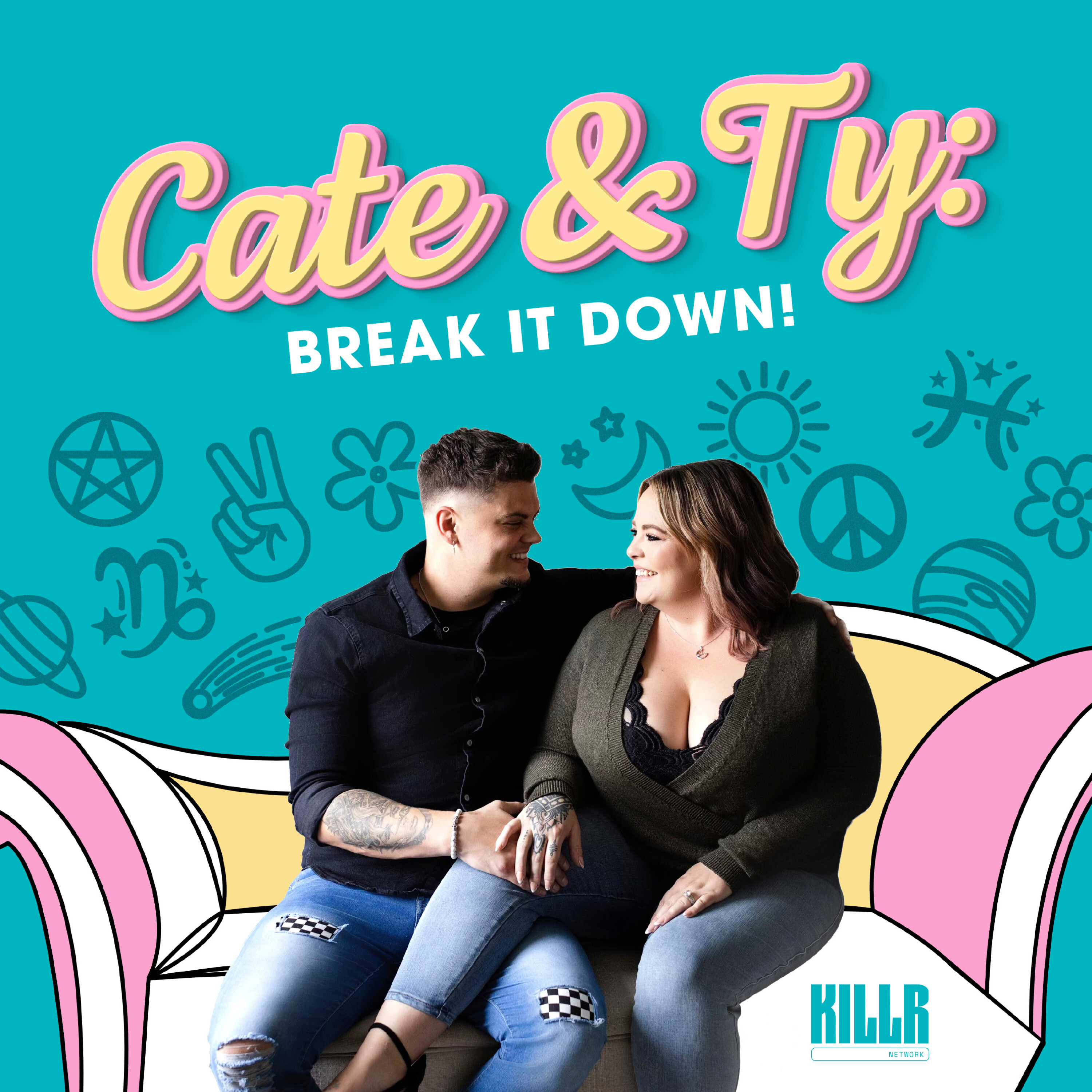Pay-to-Play: The Marketing And Broken Promises In Adoption with Connor Howe
Join Cate & Ty as they sit with Connor Howe, known as @Adopted_Connor on social, as he challenges conventional narratives surrounding open adoption and exposes the often overlooked complexities of the adoption industry. As an adoptee himself, Connor discusses how open adoption, while intended to be a solution, can still lead to pain, confusion, and a sense of not belonging for adoptees.
Connor also explains the profit-driven nature of adoption agencies, including their marketing tactics, and the role of unregulated adoption consultants. He also emphasizes the traumatic impact of adoption on adoptees, birth parents, and even adoptive parents, highlighting the need for adoption-competent therapy and support. Buckle up!
Thank you to our sponsors!
- Better Help: This episode is brought to you by BetterHelp. Visit BetterHelp.com/BreakItDown today to get 10% off your first month
- Little Spoon: Simplify your kids' mealtimes. Go to: littlespoon.com/BREAKITDOWN and enter our code BREAKITDOWN at checkout to get 50% OFF your first Little Spoon order.
See Privacy Policy at https://art19.com/privacy and California Privacy Notice at https://art19.com/privacy#do-not-sell-my-info.
Press play and read along
Transcript
Transcript is processing—check back soon.
